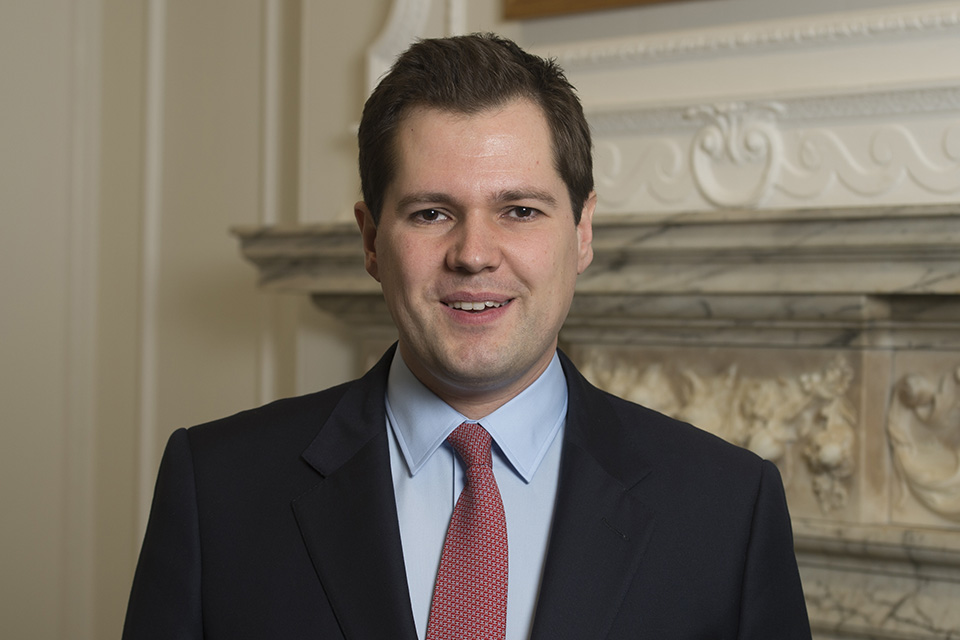Robert Jenrick – 2020 Statement on Local Government Funding
Below is the text of the statement made by Robert Jenrick, the Secretary of State for Housing, Communities and Local Government, in the House of Commons on 2 July 2020.
I wish to set out to the House the further measures this Government are putting in place so that local government can continue to fulfil its essential role in the national response to covid-19 and lead us through the next phase of recovery.
I said at the start of the pandemic that we would ensure local authorities have the resources they need. To do that, the Government have provided £27 billion to support local councils, businesses and communities; including £3.8 billion of support specifically for local authorities. This funding has allowed councils to deliver for their communities: including helping get rough sleepers off the streets, establishing our shielding programme, controlling infection in care homes and providing support for 800,000 small and medium-sized businesses.
The comprehensive plan I am announcing today demonstrates my commitment by ensuring that local councils have the certainty they need to manage their finances to the end of the financial year. The plan covers covid-related expenditure, income losses from sales, fees and charges, and irrecoverable tax losses.
Additional funding for spending pressures
We recognise the pressures on councils and our communities have not yet passed, and today I have announced a further £500 million to help ensure that councils have the money they need to meet costs in the coming months. I would like to thank councils for the financial information they have provided, and I will continue to work with my cabinet colleagues to monitor the pressures on the sector.
This award follows two previous rounds of grant allocations. The first was primarily focused on getting emergency support into adult social care. The second round addressed both expenditure pressures and income shortfalls. With the benefit of better data, we now plan to address income shortfalls separately to expenditure and so we have created a new formula for the additional £500 million. This formula will reflect the factors which the data returns have told us correlate most closely with expenditure, and will take account of population, deprivation and the way that service costs vary across the country. Details on allocations will be announced in due course.
Non-tax income
The pandemic has had an unprecedented impact on councils’ income from sales, fees and charges, for which they could not have planned. To help mitigate this, the Government are also introducing a co-payment scheme to compensate local authorities for relevant, irrecoverable losses in 2020-21. Under this scheme councils bear the first 5% of losses compared to their budgeted income—reflecting the fact these income sources are by their nature volatile from one year to the next—but the Government will support those worst affected by covering 75p in every pound of losses beyond this.
Irrecoverable tax losses
I am also committed to supporting the sector through an apportionment of irrecoverable council tax and business rates losses between central and local government, to be agreed at the spending review. I have announced today that the repayment of collection fund deficits arising in 2020-21, will be spread over the next three years rather than the usual period of a year, giving councils breathing space in setting budgets for next year.
Taken together, these measures will give local councils sufficient confidence to continue to deliver the services their communities rely on. Nevertheless, my Department will continue to work closely with councils to monitor the situation as it develops, and I will return to the House setting out any further measures necessary should a changing situation require it.

